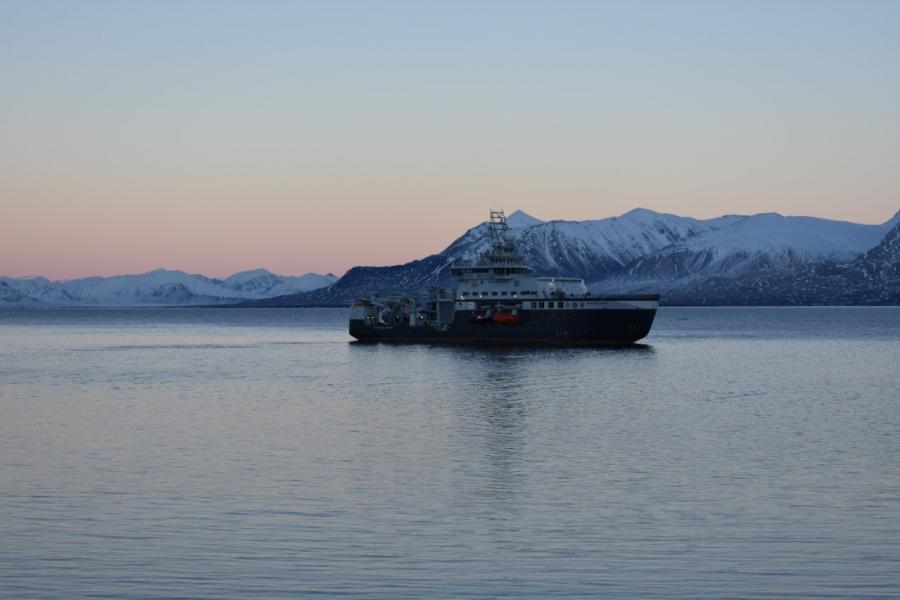Environmental Science and Design Research Institute

Patterns, Populations And Podcasts: Computational Ecologist Receives Prestigious Early-Career Award from NSF
Recent funding from the National Science Foundation (NSF) has given interdisciplinary researchers the opportunity to help drive our understanding of patterns in nature when bringing together big data sources collected in different ways. The NSF awarded Christie Bahlai, Ph.D., assistant professor in…
Kent State Receives More Than $3 Million In Grants From National Science Foundation
Kent State University has recently received a flurry of grants totaling more than $3 million in funding from the National Science Foundation (NSF), which will support research and innovation in a wide range of fields within the College of Arts and Sciences.

Cotton in the Curriculum Awards Grant to School of Fashion for the Fourth Year in a Row
From the iconic outfits made famous by Michael Jackson to the hit television show “What Not to Wear,” the fashion industry continues to emerge as an impactful influencer in many areas of societal behavior. Fashion and style, for many years, have been widely accepted as a means of self expression an…
Center for Ecology and Natural Resource Sustainability highlights the Importance of Natural Lands
Kent State University’s Center for Ecology and Natural Resource Sustainability (CENRS) tracks and facilitates the use of Kent State-owned natural areas for research, teaching and engagement, promoting an understanding of the natural environment around the Kent Campus, and especially this past year, …
Taking a Deep Dive Into the Utilization of Oceanic Sediments
One of Kent State University’s newest faculty members in the Department of Geology has already made her mark with the recent publication of her and her colleagues’ work to better understand the effects of global warming as it relates to the arctic ocean. Allyson Tessin, assistant professor, specializes in biochemistry, oceanography and sedimentary geology. She is currently studying the relationship between the chemistry of the ocean and climate change.

Biological Sciences Faculty Take on Invasive Plant Species of Ohio in New Book
Three faculty members in Kent State University's Department of Biological Sciences recently co-authored a 384-page hardcover book, “Problem Plants of Ohio,” published by the Kent State University Press.

2020 Outstanding Research and Scholarship Award Recipients
Kent State University has announced the recipients of the 2020 Outstanding Research and Scholarship Awards (ORSA). Sponsored by the University Research Council and the Division of Research and Sponsored Programs, this award honors Kent State’s exceptional researchers and scholars.

Researching Wastewater as Part of Ohio’s COVID-19 Response
Since March, COVID-19 has become a widespread topic of conversation. Finding ways to explain what this virus is, how one can treat it and how to slow the spread of the virus are just a few commonly asked questions with few clear answers. Xiaozhen Mou, associate professor in the Department of Biological Sciences, and her research team recently received funding for their hard work as part of Ohio’s statewide collective effort to discover traces of COVID-19 virus particles in wastewater.

Kent State Professors Directly Link Social Media Use to Boredom
It would not be surprising if you have a social media app open right now; however, you may not be getting the enjoyment out of it that you think you are. In a recent publication in Computers in Human Behavior, two Kent State professors examined the relationship between social media usage and boredom. Students may be surprised by the results and parents might be excited by them.

Things Are Heating Up in Climate Change Research
Climate change can now be measured on a global scale using multiple weather variables, according to new research published by Cameron C. Lee, Ph.D., assistant professor in the Department of Geography at Kent State.